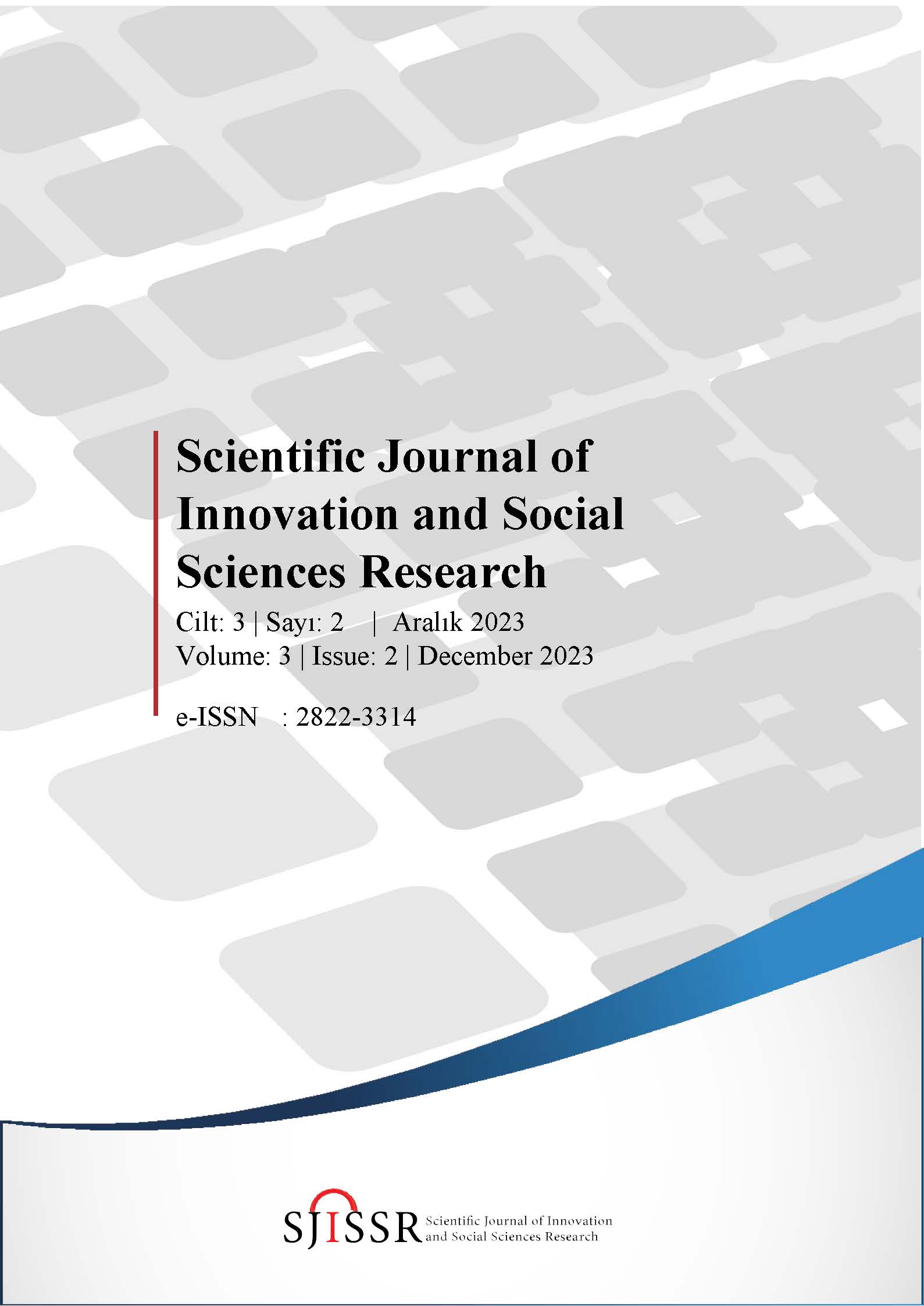An Examining Emotions via YouTube and Twitter Data of The Article 29 Known as Social Media Law
Keywords:
The Article 29 Known as Social Media Law, Text Mining, Twitter, Youtube, R ProgrammingAbstract
The technological development process continues to be tolerated on a global scale and in modern Turkey. Individuals undoubtedly spend the majority of their time using technical devices such as smartphones, tablets, and laptops in a virtual world. Social media platforms provide new living spaces for people to express themselves, socialize, present their ideas, play games and learn. In addition to the increasing popularity of social media, there are threats due to these features. Many approaches and legal procedures have been adopted to manage these threats.
The aim of this study is to expose people’s feelings and thoughts about the article 29 “Those convicted of spreading misleading information shall be punished with imprisonment from one year to three years. For crimes committed by hiding their true identity, the penalty will be increased by half” (Resmî Gazete, 2022) known as the Social Media Act, which came into force on January 1, 2023. To this purpose, the data base of Twitter and YouTube has been used to capture tweets placed with social media tags on Twitter and comments placed under video on the YouTube platform. For each platform, 18723 comments for YouTube and 15581 tweets for Twitter were taken between October 13 and December 21, 2022.
The analysis was done using the open source R programming language. In the context of text mining, the most repeated words found with the law of social media, emotional analysis was carried out. According to the findings of both platforms, the most repeated words are classified in the form of law, social media, censorship, while people’s feelings about the subject are also found to be neutral.
Keywords: The Article 29 Known as Social Media Law, Text Mining, Twitter, Youtube, R Programming


